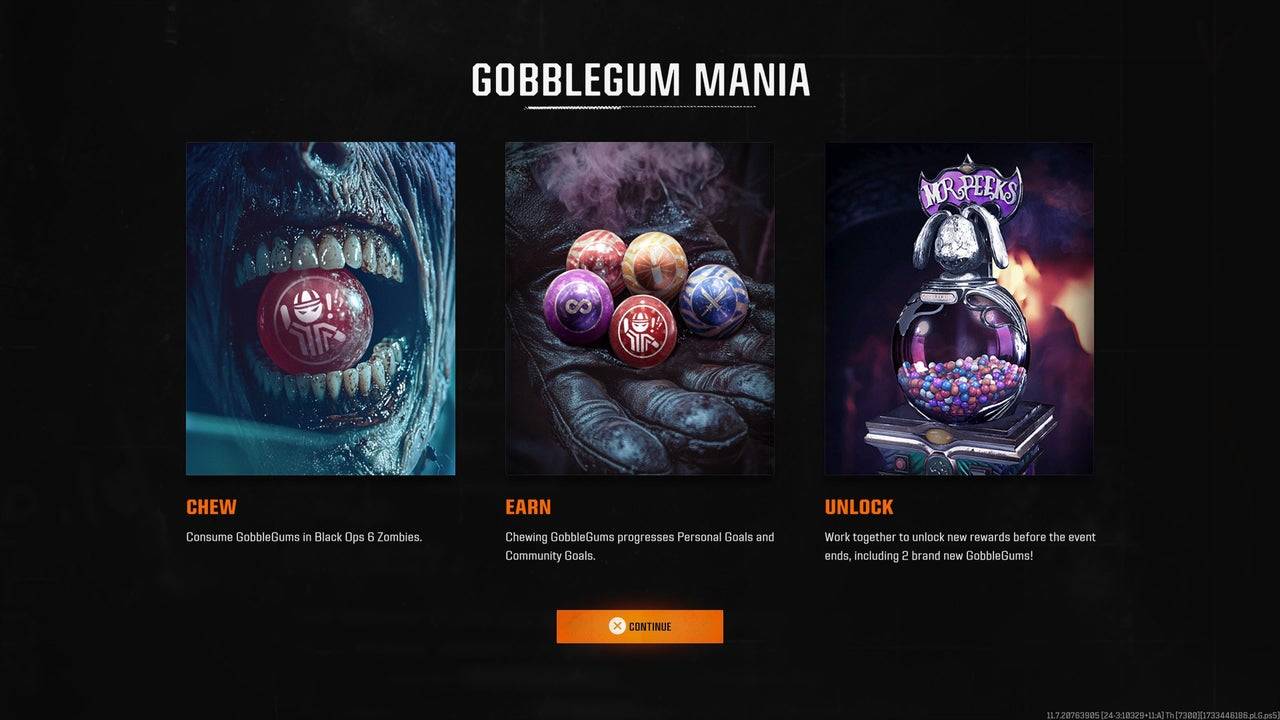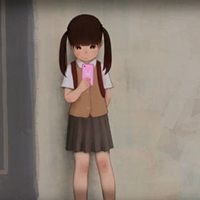Activision, the creator of Call of Duty, finally admitted to using generative AI in the development of Black Ops 6. This admission comes almost three months after fans accused the company of using AI to create subpar assets, specifically citing a controversial "Zombie Santa" loading screen.
In December, following the Season 1 Reloaded update, players noticed several questionable elements in Black Ops 6 loading screens, calling cards, and in-game art. The main point of contention was the Zombie Santa, or 'Necroclaus,' loading screen image, which appeared to depict the character with six fingers – a common flaw in AI-generated imagery.


Following pressure from fans and in light of new AI disclosure regulations on Steam, Activision added a vague statement to Black Ops 6's Steam page: "Our team uses generative AI tools to help develop some in-game assets."
This admission follows a July report by Wired, revealing that Activision had previously sold an AI-generated cosmetic item in Call of Duty: Modern Warfare 3, part of the Yokai's Wrath bundle released in December 2023, without disclosing the AI's involvement. This cosmetic cost 1,500 COD Points (approximately $15), contributing to Activision's substantial revenue from in-game purchases.
Wired's report also highlighted the potential link between this AI usage and the subsequent layoff of 1,900 employees from Microsoft's gaming division, suggesting that AI might be replacing 2D artists' roles. Anonymous Activision artists corroborated this, claiming that remaining concept artists were compelled to utilize AI tools and were even mandated to undergo AI training.
The use of generative AI in the gaming industry remains a contentious issue, raising ethical, rights, and quality concerns. Keywords Studios' failed experiment in developing an entirely AI-generated game serves as a cautionary tale, demonstrating that AI cannot yet replace human talent.








